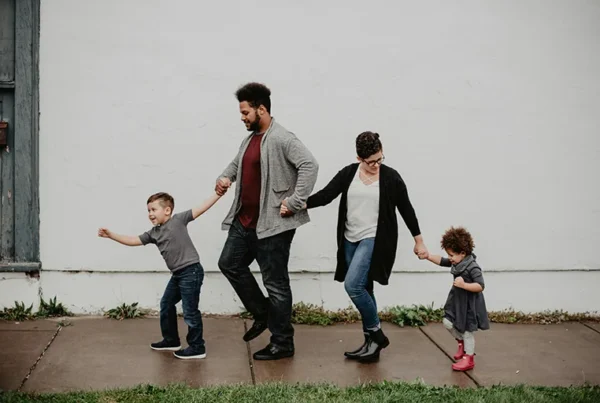Divorce can be a challenging process, no matter what the circumstance. However, if you live in Virginia and your divorce is suddenly contested, it can make the divorce process even more difficult.
Whether you are moving forward with a contested or uncontested divorce, having a dedicated and experienced attorney by your side can make the process smoother. Slovensky Law will help you navigate the divorce process through to completion so that you can move forward with your life.
Which court handles divorce in Virginia?
In Virginia, divorce cases go through the Circuit Court (the highest level trial court in Virginia).
Matters regarding custody, visitation, child support, parentage, and spousal support may also go through the Juvenile and Domestic Relations District Court, if they are not part of a divorce case.
Often, the Juvenile and Domestic Relations District Court is where modifications to any agreement are heard once your divorce is finalized.
What is an uncontested divorce?
An uncontested divorce is typically a no-fault divorce. Contrary to popular belief, and uncontested divorce does not mean “my spouse and I agree we shouldn’t be married” – it means “my spouse and I agree we shouldn’t be married, we are not trying to point fingers at who was at fault and we agree 100% as to how we are going to co-parent, divide assets, and have support payments.”
This is when you and your spouse come to a mutual agreement concerning your divorce settlement. While this process may still be complex emotionally, logistically, an uncontested divorce is far more manageable (and, in fact, able to be done entirely online).
It is important to note, however, that to qualify for an uncontested divorce, couples must be residents of Virginia and live separately for a minimum of 6 months. The length of time separated increases to 12 months if the couple currently has minor children living with them at home.
What is a contested divorce?
In Virginia, a contested divorce is when there is a disagreement about the divorce settlement or reasons for the divorce.
A contested divorce can also be because one party disagrees as to the reason for a fault-based divorce and, as such, will not sign off on the split.
- Adultery
- Desertion
- Abandonment
- Cruelty, and
- Felony Conviction (with more than a year of jail time)
When claiming one or more of these for a fault-based divorce, Slovensky Law will work to provide the judge with the evidence needed to demonstrate precisely why an at-fault divorce is appropriate.
Without an experienced attorney in place, the process becomes increasingly stressful, but our team at Slovensky Law is here to help. We will help protect your rights and interests in a contested divorce. We are experienced and dedicated to providing the personal attention our clients need.
Call Slovensky Law today to discuss the details of your divorce.



